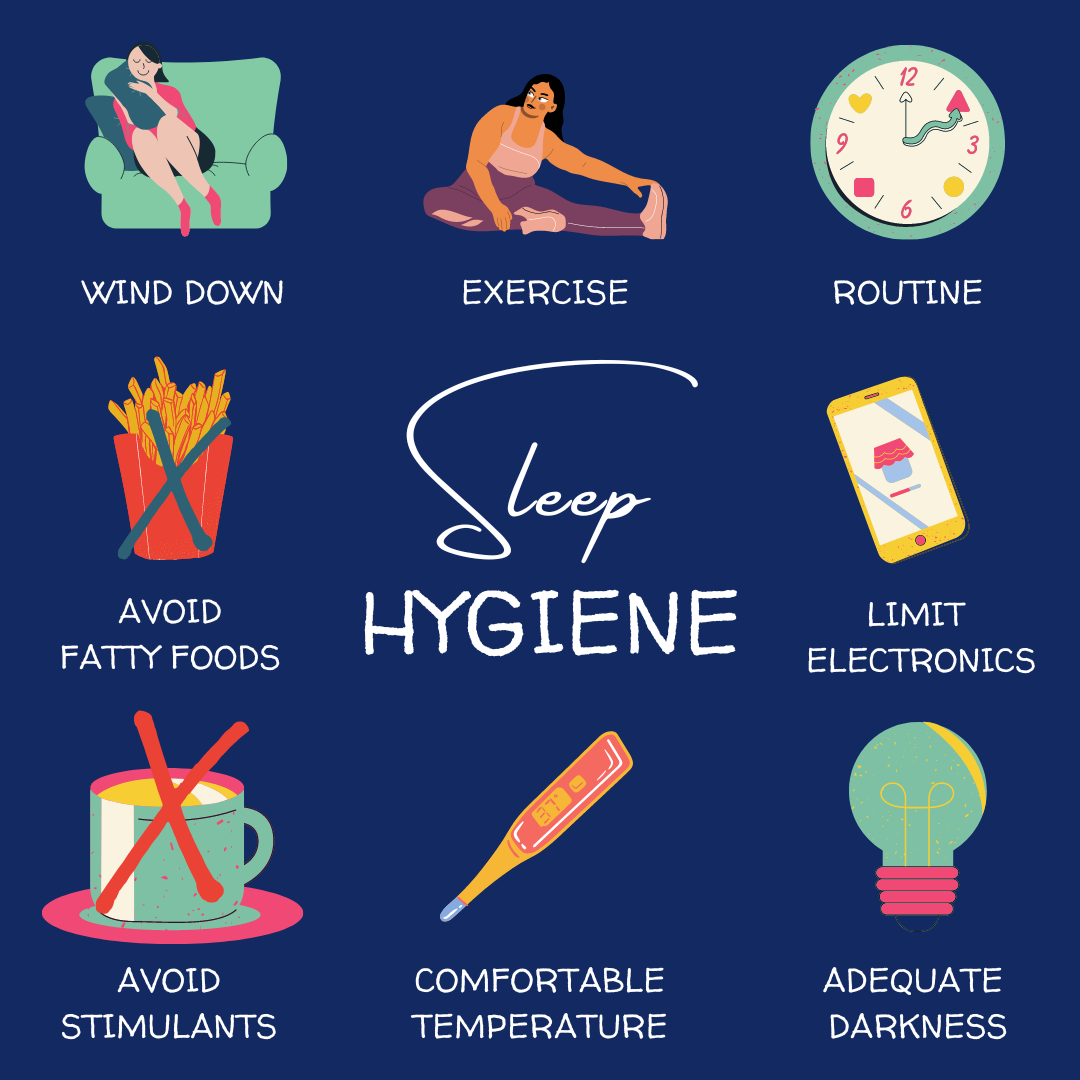
Restful Nights: Mastering Healthy Sleep Hygiene
Sleep is a cornerstone of well-being, influencing physical health, mental clarity, and overall vitality. Mastering healthy sleep hygiene is key to nurturing restful nights and reaping the numerous benefits of quality sleep.
Understanding Sleep Hygiene
Sleep hygiene refers to a set of practices and habits that promote consistent and restful sleep. It involves creating an environment and establishing routines that signal to the body and mind that it’s time to wind down and prepare for a night of rejuvenating sleep.
Creating a Comfortable Sleep Environment
Optimizing your sleep environment is a fundamental aspect of sleep hygiene. Ensure your bedroom is conducive to rest by keeping it cool, dark, and quiet. Invest in a comfortable mattress and pillows to provide adequate support for a restful night’s sleep.
Establishing a Consistent Sleep Schedule
Maintaining a consistent sleep schedule helps regulate your body’s internal clock, enhancing the quality of your sleep. Aim to go to bed and wake up at the same time every day, even on weekends. This consistency reinforces your circadian rhythm, promoting a more natural sleep-wake cycle.
Limiting Screen Time Before Bed
The blue light emitted by screens can interfere with the production of melatonin, a hormone that regulates sleep. Establish a pre-sleep routine that involves minimizing screen time at least an hour before bedtime. Consider engaging in relaxing activities like reading or gentle stretching to prepare your mind for sleep.
Mindful Eating and Evening Hydration
Avoid heavy meals close to bedtime, as they can cause discomfort and indigestion. Additionally, limit caffeine and nicotine intake in the hours leading up to bedtime. While staying hydrated is essential, consider reducing fluid intake close to bedtime to minimize disruptions from nighttime trips to the bathroom.
Incorporating Relaxation Techniques
Incorporating relaxation techniques into your bedtime routine can signal to your body that it’s time to unwind. Practices such as deep breathing exercises, progressive muscle relaxation, or meditation can help calm the mind and reduce stress, promoting a more peaceful transition to sleep.
Regular Physical Activity for Sleep Quality
Regular physical activity contributes to overall well-being and can positively impact sleep quality. However, avoid vigorous exercise close to bedtime, as it may have an energizing effect. Aim for moderate exercise earlier in the day to reap the sleep-enhancing benefits of physical activity.
Addressing Stress and Anxiety
Persistent stress and anxiety can significantly disrupt sleep. Develop strategies to manage stress, such as journaling, talking to a friend or therapist, or engaging in activities that bring joy and relaxation. Creating a mental wind-down routine can be particularly helpful in easing the transition to restful sleep.
Investing in a Quality Sleep Routine
Establishing a pre-sleep routine signals to your body that it’s time to shift into sleep mode. Engage in calming activities, dim the lights, and create a soothing atmosphere. Consistency is key, and over time, your routine will become a powerful cue for your body to prepare for rest.
Explore Further Insights on Sleep Hygiene at CentrumZdravi.org
For a deeper understanding of sleep hygiene and personalized tips to enhance your sleep routine, visit CentrumZdravi.org. This platform provides valuable resources and insights to empower you on your journey to mastering healthy sleep hygiene for restful nights and optimal well-being.

